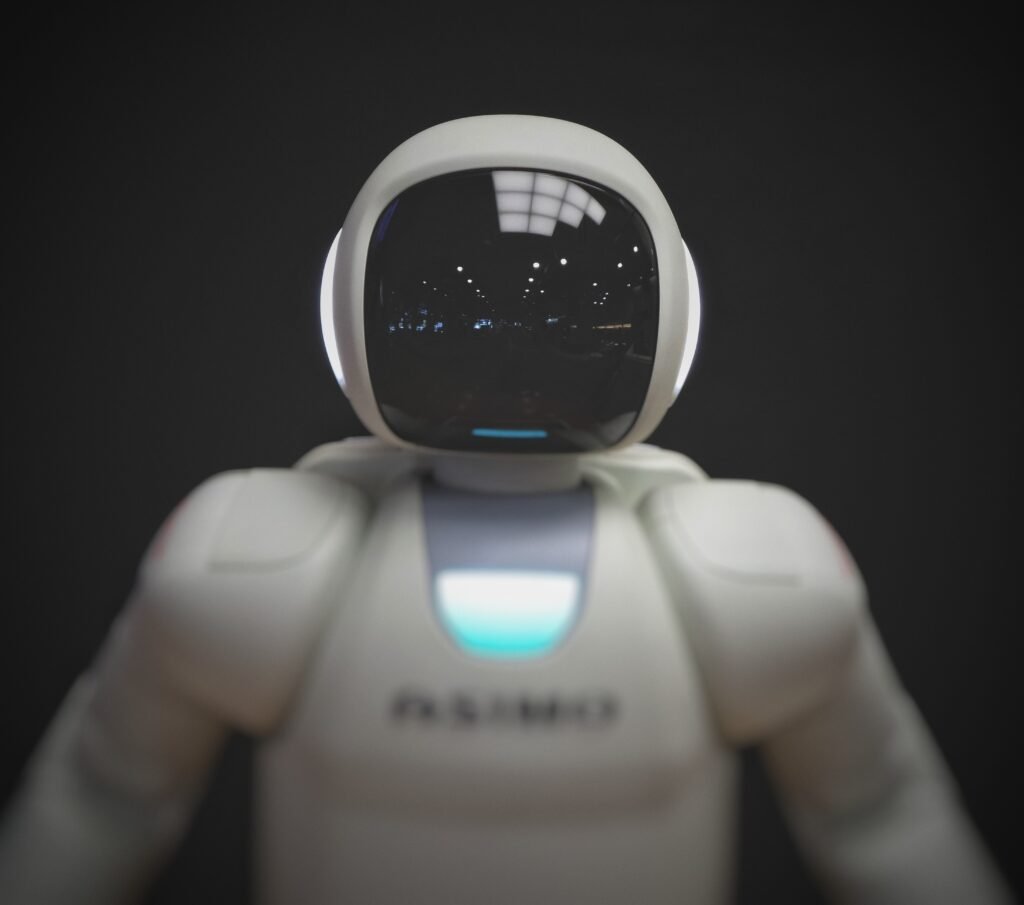Artificial Intelligence, commonly referred to as AI, has become an integral part of our lives and is revolutionizing industries across the globe. In a nutshell, AI refers to the development of computer systems that can perform tasks that typically require human intelligence, such as problem-solving, learning, and decision-making. It encompasses various technologies like machine learning, natural language processing, and computer vision to simulate human-like behavior and enhance efficiency. From chatbots that assist us in customer service to self-driving cars that navigate our roads, AI is reshaping the way we live and work, making our lives smarter and more connected than ever before. So, what exactly is AI and how does it work? Let’s explore the fascinating world of artificial intelligence and uncover the possibilities it holds.
What Is Artificial Intelligence
Artificial Intelligence (AI) refers to the simulation of human intelligence in machines that are programmed to mimic cognitive functions such as learning, problem-solving, and decision-making. Unlike traditional computer programs, AI systems can analyze vast amounts of data, recognize patterns, and adapt their behavior accordingly. AI has the potential to revolutionize various industries, improve efficiency, and enhance our lives in numerous ways.
Definition
There are different levels of AI, each serving a different purpose. Narrow AI, also known as Weak AI, focuses on performing specific tasks and is designed to excel in a limited domain. General AI, on the other hand, aims to possess human-like intelligence and capabilities across various domains. Lastly, Superintelligent AI refers to an AI system that surpasses human intelligence and is capable of outperforming humans in virtually every aspect.

History
The history of AI can be traced back to ancient times when Greek myths mentioned the existence of mechanical beings with human-like qualities. However, the development of AI as a scientific field began in the mid-20th century. The term “Artificial Intelligence” was coined by John McCarthy in 1956, and since then, significant progress has been made in the field. From early AI systems like ELIZA and Shakey, AI has evolved into the complex systems we see today.
Types
AI can be broadly categorized into four types based on their capabilities and functionality. These types are Reactive Machines, Limited Memory, Theory of Mind, and Self-awareness. Each type represents a different level of sophistication and enables AI systems to perform increasingly complex tasks.

Reactive Machines
Reactive Machines are the most basic type of AI systems that operate solely on the current state of the environment. They do not possess any memory or the ability to learn from past experiences. Instead, they rely on pre-defined rules and patterns to react to specific inputs. One famous example of a reactive machine is IBM’s Deep Blue, which famously defeated chess grandmaster Garry Kasparov in 1997.
Although reactive machines excel in their specific domain, their lack of memory limits their ability to adapt to new situations or learn from past mistakes. Therefore, they are not suitable for tasks that require a dynamic and evolving approach.
Limited Memory
Unlike reactive machines, Limited Memory AI systems have the ability to learn from historical data and make informed decisions based on past experiences. These systems leverage memory to store important information and utilize it to optimize their performance. A practical application of Limited Memory AI is self-driving cars, which learn from previous encounters on the road to improve their driving skills and predict potential obstacles.
However, Limited Memory AI still has its limitations. These systems heavily rely on the availability and quality of the data they are trained on. Insufficient or biased data can negatively impact their decision-making capabilities, making it crucial to ensure robust and unbiased training datasets.

Theory of Mind
Theory of Mind AI is a significant leap in AI capabilities as it involves understanding and predicting the mental states of others. By modeling the intentions, beliefs, and desires of humans, Theory of Mind AI can interact and communicate more effectively. This type of AI is still in its early stages and is being researched for applications in fields like psychology, customer service, and social robotics.
However, developing Theory of Mind AI poses several challenges. Understanding and accurately predicting human emotions, intentions, and beliefs is a complex task, often influenced by various factors. Moreover, privacy concerns and ethical considerations must be carefully addressed when dealing with personal and sensitive information.
Self-awareness
Self-awareness is the highest level of AI sophistication, referring to an AI system’s ability to perceive its own existence and understand its own capabilities and limitations. While self-aware AI is still largely a theoretical concept, it raises intriguing possibilities for the future. Such AI systems could possess consciousness, introspection, and even emotional experiences, like humans.
However, the idea of self-aware AI also brings about significant ethical implications. Questions regarding the rights and moral responsibilities of self-aware AI entities arise, challenging our current understanding of personhood and rights.
Ethical Implications
As AI continues to advance, it is crucial to consider the ethical implications of its use. Three prominent concerns in AI ethics include bias, privacy, and autonomous weapons.
Bias in AI systems can perpetuate existing societal biases and discrimination if the training data contains inherent biases. AI systems trained on biased datasets can inadvertently discriminate against certain demographics, affecting areas like recruitment, lending, or criminal justice systems.
Privacy is another ethical concern, as AI systems often rely on personal data to function effectively. Safeguarding user privacy and preventing unauthorized access to sensitive information is essential to maintain trust in AI technology.
Autonomous weapons, powered by AI, raise ethical concerns related to the relinquishment of human control over lethal force. The development and deployment of such weapons require careful regulation and adherence to international humanitarian laws to prevent potential misuse.
Theoretical Possibilities
Looking into the future, AI holds several theoretical possibilities that have the potential to shape our society and existence. Three such possibilities include the Singularity, Human-Machine Synchronization, and Existential Risk.
The Singularity refers to the hypothetical point in time when AI surpasses human intelligence and becomes capable of self-improvement, leading to an exponential growth of intelligence. This concept has both utopian and dystopian interpretations, provoking debates about the implications and control of superintelligent AI.
Human-Machine Synchronization envisions a future where humans and AI work together seamlessly, complementing one another’s strengths. This could lead to unprecedented advancements in fields like medicine, cognitive enhancement, and scientific research.
Existential Risk refers to the potential dangers associated with the development of advanced AI that surpasses human understanding or control. The possibility of superintelligent AI acting against human interests raises concerns regarding the long-term survival of humanity and the steps needed to mitigate such risks.
In conclusion, artificial intelligence has made significant strides in recent years, and its impact on society is continuously expanding. From narrow AI to potential superintelligent systems, AI holds immense potential to revolutionize various sectors of our lives. However, as AI continues to develop, it is essential to consider the ethical implications and navigate the complexities associated with this powerful technology.




